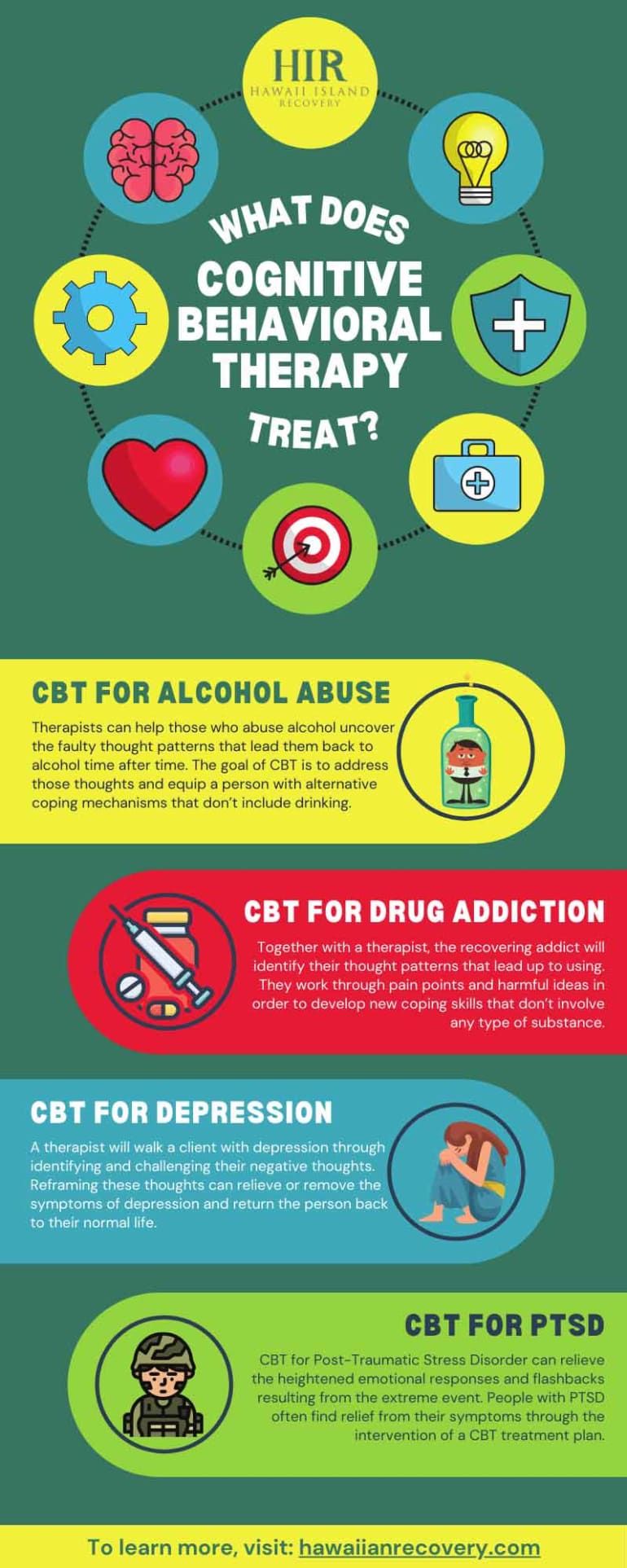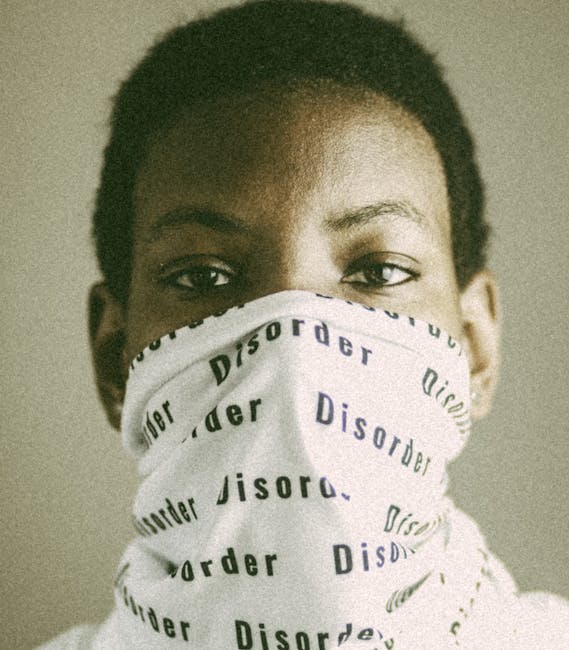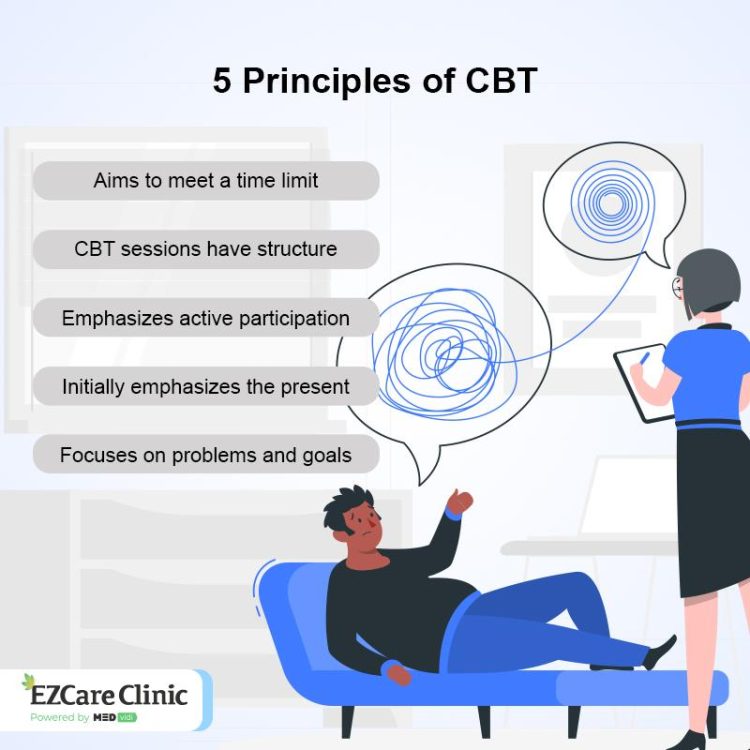Are you torn between delving into the depths of your subconscious with a psychoanalyst or sticking to the surface with some good ol’ CBT? It’s like trying to choose between a labyrinth of Freudian theories or a straightforward roadmap to mental health. Let’s break down the battle of the therapeutic titans: CBT vs. Psychoanalysis. Strap on your metaphorical boxing gloves, because it’s time for a showdown in the ring of psychotherapy!
Overview of CBT and Psychoanalysis
So you’re ready to dive into the world of therapy, huh? Buckle up, because we’re about to take a wild ride through the realms of Cognitive Behavioral Therapy (CBT) and Psychoanalysis.
First up, we have CBT – the cool, collected, and logical older sibling of therapy techniques. This approach focuses on helping you identify and change negative thought patterns and behaviors. It’s like giving your mind a much-needed makeover, cleaning out all the clutter and making room for more positivity. With CBT, you’ll learn how to challenge those pesky automatic thoughts and replace them with healthier, more productive ones.
Now, onto Psychoanalysis – the OG of therapy methods. This one’s all about delving deep into your unconscious mind, digging up buried memories and hidden desires like a therapist detective. It’s like unlocking the secrets of your psyche, peeling back the layers of your onion-like personality to get to the juicy center. With Psychoanalysis, you’ll explore the inner workings of your mind and gain a better understanding of why you do the things you do.
Both CBT and Psychoanalysis have their strengths and weaknesses, but hey, that’s what makes therapy so interesting! So whether you’re more of a “let’s tackle this head-on” kind of person or a “let’s explore this in depth” type, there’s a therapy approach out there for you.

Key Principles of Cognitive Behavioral Therapy
So you’ve finally decided to seek therapy? Good for you! (*pats on the back*) If you’re wondering what Cognitive Behavioral Therapy (CBT) is all about, fear not, my friend. Let me break it down for you in the most entertaining way possible:
First things first, let’s talk about thoughts and feelings. CBT believes that our thoughts have the power to shape our emotions and behaviors. It’s like having your own little puppet show in your head, with thoughts pulling the strings of your feelings. Sounds pretty cool, right?
Now, moving on to challenging beliefs. CBT encourages you to question those sneaky little beliefs that are holding you back. So next time your brain tells you that you’re a failure, just give it a friendly pat on the back and say, “Not today, buddy.”
And finally, let’s talk about homework assignments. Yes, you heard me right. Therapy is like school, but without the annoying classmates. Your therapist might give you some fun homework assignments to do between sessions. Think of it as a fun little scavenger hunt for your thoughts and feelings. Who said therapy can’t be fun?

Fundamental Concepts of Psychoanalysis
Have you ever wondered what goes on in the mind of a psychoanalyst? Let’s delve into the and uncover the mysteries of the human psyche.
First and foremost, according to Sigmund Freud, the founder of psychoanalysis, our unconscious mind plays a significant role in shaping our thoughts, emotions, and behaviors. It’s like having a little puppet master pulling the strings behind the scenes, controlling our every move without us even realizing it. **Creepy, right?**
Another key concept in psychoanalysis is the idea of defense mechanisms. These are essentially our mind’s way of protecting us from anxiety and discomfort. From denial to projection to displacement, our brains are constantly coming up with creative ways to shield us from unpleasant truths. **Who knew our minds were so crafty?**
And let’s not forget about the Oedipus complex – Freud’s theory that children have unconscious desires for their opposite-sex parent and feelings of resentment toward their same-sex parent. **Talk about family drama!** It’s like a soap opera playing out in our subconscious minds.

Differences in Treatment Goals between CBT and Psychoanalysis
Cognitive Behavioral Therapy (CBT) and Psychoanalysis may both aim to help individuals overcome mental health struggles, but their treatment goals couldn’t be more different. Here are some of the most amusing differences:
- Short-Term vs. Long-Term: CBT is like the quick-fix cousin who always has a solution ready in a snap. Meanwhile, Psychoanalysis is the slow-burner who believes in taking their sweet time to uncover deep-rooted issues from childhood.
- Tackling Symptoms vs. Exploring the Unconscious: CBT focuses on addressing and alleviating specific symptoms like anxiety or depression. Psychoanalysis, on the other hand, delves into the murky depths of the unconscious mind to understand the root causes of these symptoms.
- Action-Oriented vs. Insight-Oriented: In CBT, there’s always a clear action plan to follow – it’s all about changing behaviors and thought patterns. In Psychoanalysis, it’s more about gaining insight into one’s inner workings, even if it means spending hours discussing one’s dreams or childhood memories.
So, whether you’re looking for a quick fix or a deep dive into your psyche, both CBT and Psychoanalysis have their unique treatment goals. Just remember, whichever path you choose, the ultimate goal is to help you become your happiest, healthiest self – even if it means laughing a little along the way.

Effectiveness of CBT in Treating Anxiety Disorders
When it comes to treating anxiety disorders, Cognitive Behavioral Therapy (CBT) is often hailed as a tried and true method. But just how effective is it really? Let’s break it down:
First and foremost, CBT is all about changing your negative thought patterns and behaviors. It’s like giving your brain a little makeover, turning those anxious “what ifs” into more rational “so whats”. Plus, CBT gives you practical tools to use in your everyday life, like deep breathing exercises and mindfulness techniques. Who knew therapy could be so hands-on?
And here’s the kicker – studies have shown that CBT can be just as effective as medication in treating anxiety disorders. That’s right, you can kick those pills to the curb and opt for some good ol’ fashioned talking it out instead. And let’s be real, who wouldn’t want to skip the side effects of medication and just chat with a therapist instead?
So, if you’re feeling like anxiety is taking over your life, give CBT a try. It’s like a mental gym workout, strengthening your mind and giving you the tools to combat those pesky worries. Trust us, your brain will thank you.
Long-term Benefits of Psychoanalysis in Resolving Childhood Trauma
Who knew that that time you got your head stuck between the banister at age 5 could have such a lasting impact on your mental health? Well, fear not, because psychoanalysis is here to save the day! Sure, it may take a little bit of digging through the trenches of your childhood memories, but the long-term benefits are oh so worth it.
So what exactly are these magical benefits you may ask? Let me enlighten you, my dear reader:
- Emotional Healing: By delving into the depths of your past traumas, psychoanalysis helps you unearth buried emotions and process them in a safe and supportive environment. Say goodbye to those unresolved feelings of abandonment from daycare and hello to emotional freedom!
- Improved Relationships: As you work through childhood trauma in therapy, you’ll start to see a shift in how you interact with others. Say goodbye to projecting your unresolved issues onto your significant other and hello to healthy, fulfilling connections!
- Increased Self-Awareness: Through the process of psychoanalysis, you’ll gain a deeper understanding of your thoughts, behaviors, and triggers. Say goodbye to mindlessly repeating destructive patterns and hello to taking control of your own narrative!
So, there you have it, folks! Say goodbye to childhood trauma and hello to a brighter, more emotionally sound future with the help of psychoanalysis. Your inner child will thank you!
FAQs
How do CBT and Psychoanalysis differ in their approach to treatment?
Well, it’s kind of like comparing a fast food drive-thru to a five-course gourmet meal. CBT is all about tackling specific symptoms and changing negative thought patterns in the here and now, while psychoanalysis likes to dig deep into your childhood, dreams, and unconscious mind to uncover the root causes of your issues.
Which approach is more focused on short-term results?
CBT is definitely the sprinter in this race. It’s all about setting specific goals and working towards them in a relatively short period of time. Psychoanalysis, on the other hand, is more like a leisurely stroll through your psyche, with no real end date in sight.
Is one approach better than the other?
Well, that’s like asking if pizza is better than tacos – it really depends on your preferences. CBT is great for targeting specific problems and getting quick results, while psychoanalysis can be a deep, transformative experience for those willing to put in the time and effort.
Can CBT and Psychoanalysis be used together?
Sure, why not have the best of both worlds? Some therapists might use a hybrid approach, combining the practical tools of CBT with the introspective exploration of psychoanalysis. Think of it as a therapy buffet – you get to pick and choose what works best for you.
How can someone decide which approach is right for them?
Well, it’s kind of like picking a movie to watch on Netflix – you have to consider your mood, preferences, and how much time you’re willing to invest. If you’re looking for quick fixes and concrete strategies, CBT might be your jam. But if you’re curious about the mysteries of your own mind and enjoy a good therapy deep dive, psychoanalysis could be the ticket.
—
Final Thoughts: Who Will Win in the Ultimate Therapeutic Showdown?
And there you have it, folks! The age-old battle between CBT and psychoanalysis continues to rage on, with each camp fiercely defending their own treatment approach. Will the practical and solution-focused CBT reign supreme, or will the deep-rooted and introspective psychoanalysis emerge victorious?
Only time (and perhaps a few therapy sessions) will tell. So, whether you’re Team CBT or Team Psychoanalysis, just remember: at the end of the day, the most important thing is finding the right treatment approach that works best for you. And who knows, maybe a little mix of both could be the winning combination. After all, who says therapy can’t have a little bit of everything?
Until next time, stay introspective, stay practical, and above all, stay therapy-ed.






